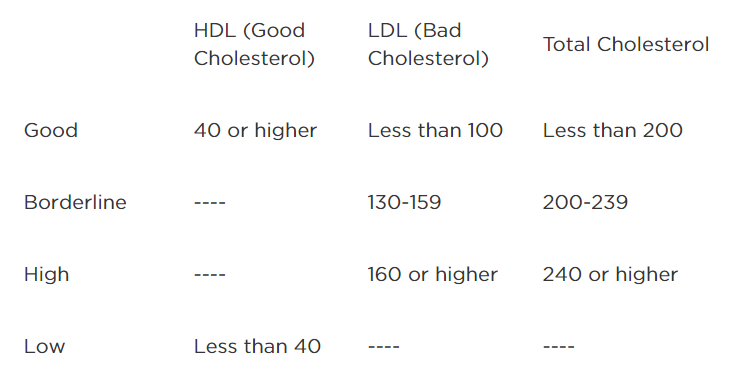You hear “cholesterol” and your mind instantly rushes to the negative. You may think of fatty foods, clogged arteries, and heart disease. High cholesterol is bad for you, right? The answer, of course, is yes. High cholesterol is bad for you, but there is also a large caveat – it depends on the type.
There are actually two types of cholesterol, both serving very different roles in the body. So different are these two, in fact, that they are commonly known as good (HDL) and bad (LDL) cholesterol. Here is what you should understand about each:
The Role of LDL Cholesterol
LDL stands for low-density lipoprotein and is the form referred to as “bad cholesterol.” This is kind of cholesterol that your physician is concerned about getting too high and the one that can prove detrimental to your health. When levels of LDL are elevated, a fatty buildup, often referred to as plaque, can develop within the arteries, causing them to narrow and restrict blood flow. Over time, this narrowing of the arteries can progress to the point that blood clots may develop, causing catastrophic health events such as a heart attack or stroke.
The Role of HDL Cholesterol
HDL stands for high-density lipoprotein and is known as “good cholesterol.” The job of HDL is to combat the negative effects of LDL. It serves as a scavenger of sorts, locating LDL throughout the body and transporting it back to the liver where it can be broken down and removed from the body. By doing so, HDL is able to help protect the arteries from plaque buildup and guard major organs like the heart and brain in the process.
What are Ideal Cholesterol Levels?
Cholesterol levels can be considered dangerous if LDL levels become too high or HDL levels too low. A strong balance between the two is necessary for optimal health. While the numbers can vary from one patient to the next based on factors such as age and medical history, the following are generally considered to be ideal cholesterol levels:

Risk Factors for High Cholesterol
Everyone should monitor their cholesterol levels based on their physician’s recommendations. However, there are certain risk factors that make testing more critical for some than for others. You should speak with your doctor about your health concerns and ways to control your cholesterol if you have any of the following:
- Family history of high cholesterol or heart disease
- A diet that is high in trans fats, saturated fats, sugar, or cholesterol
- Low levels of physical activity
- Obesity
- Diabetes
While high levels of LDL cholesterol can be damaging to health, there are many ways to keep these under control. A healthy diet, certain lifestyle changes, and medication are all potential treatment options to help keep cholesterol levels in balance. To learn more, contact your primary care physician or see a cardiologist, and ask about your own cholesterol levels, risk factors, and changes you should make to keep your body healthy.
2335 Church Street, Suite E
Zachary, LA 70791
(225) 654-3607
Cardiovascular Institute of the South
6550 Main Street, Suite 1000
Zachary, LA 70791
(225) 654-1559




